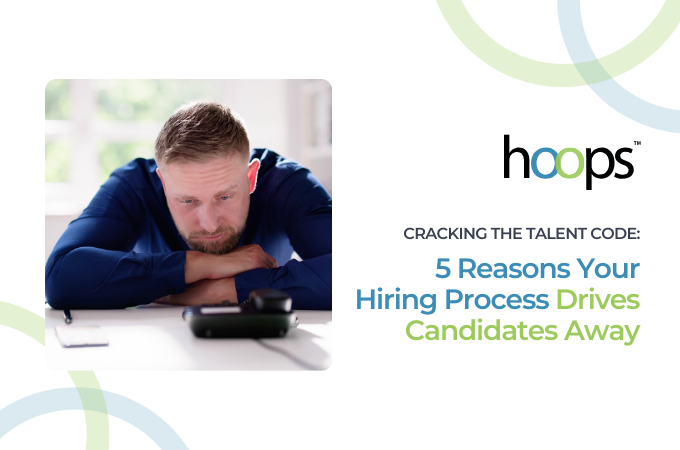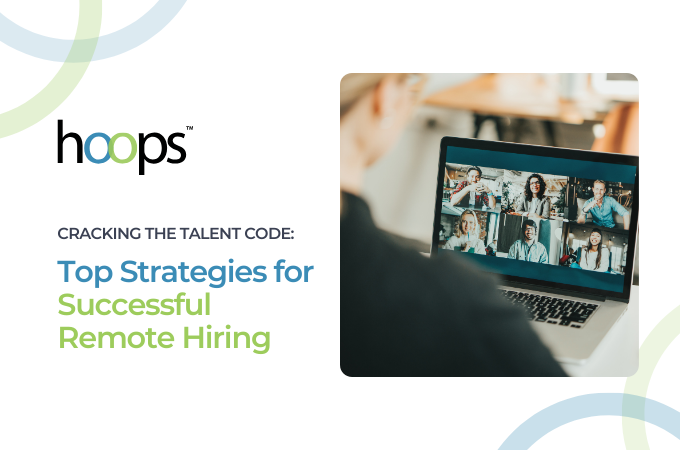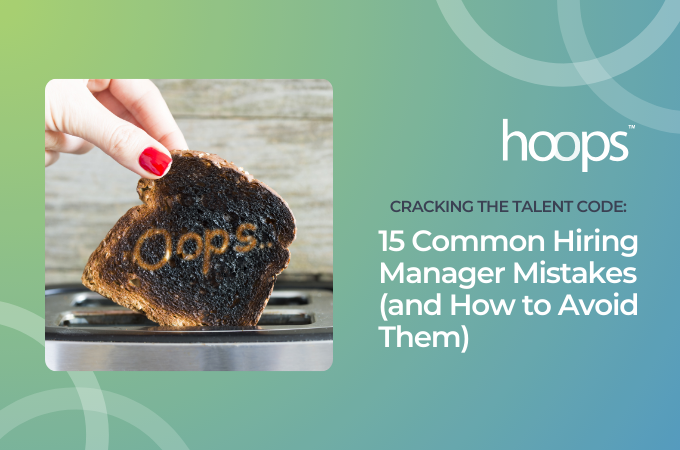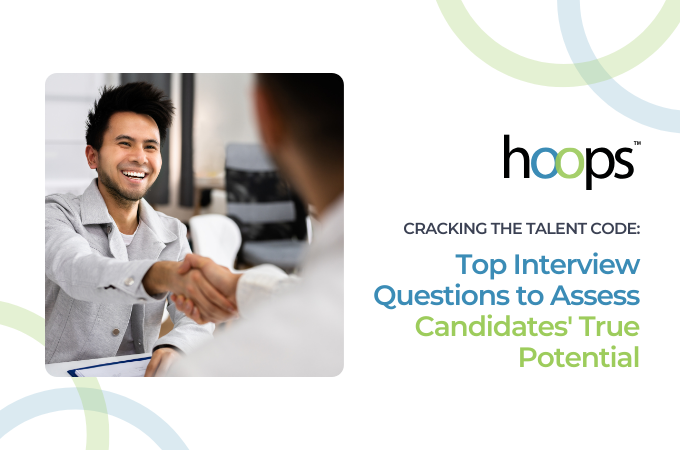Artificial Intelligence (AI) has transformed various industries, and recruiting is no exception. The advent of AI has transformed the traditional recruitment process, making it more efficient and effective. This transformation is not merely a shift in methodology; it's a paradigm shift that is redefining the very essence of recruitment.
In this post, we'll look at the impact of AI on recruiting, its use, ethical considerations, and its future. We also look at some of the intricacies of AI-powered recruitment tools. We'll discuss how these tools, along with their benefits and challenges, are changing the recruitment landscape.
We hope this article proves useful to recruiters and jobseekers alike!
Impact of AI in Hiring
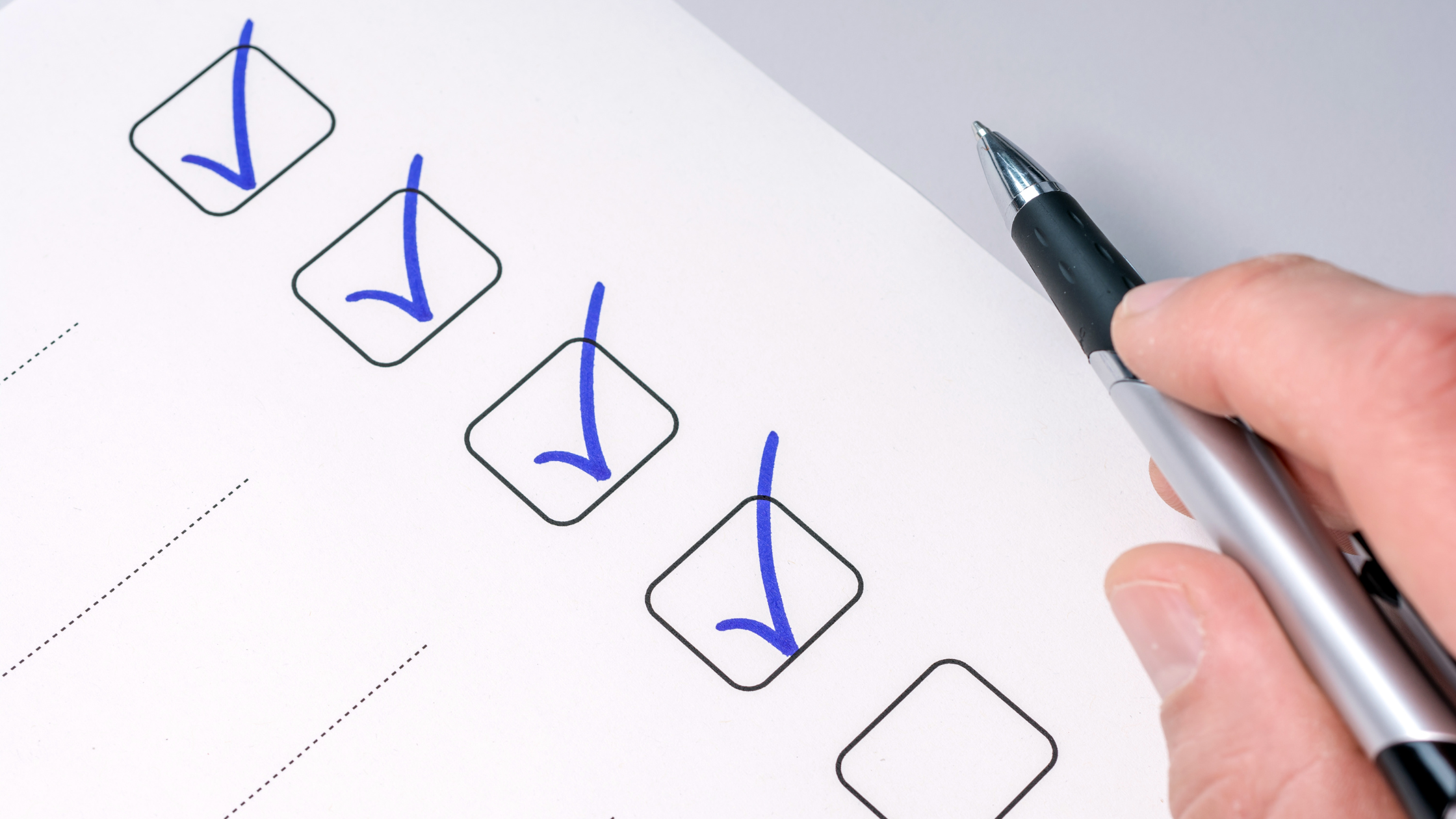
AI has made a significant impact on the recruitment process, transforming it in several ways. One of the most notable impacts is the automation of repetitive tasks. AI can automate tasks such as resume screening and scheduling interviews, freeing up recruiters' time for more strategic tasks.
Automation like this can increase efficiency and - more importantly - reduce the chances of human error. As a result, AI often provides more accurate and reliable results.
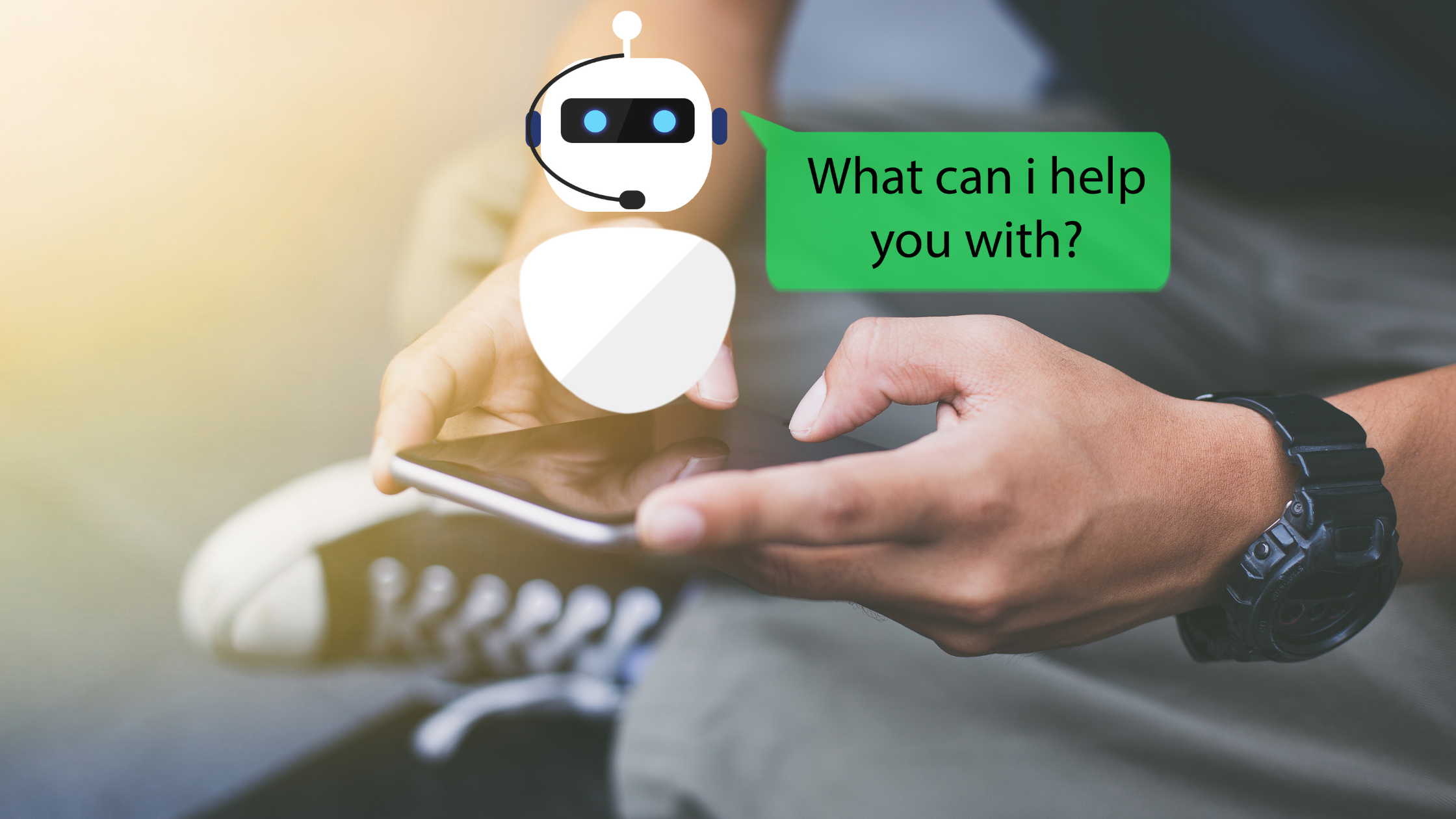 AI also enhances the candidate experience. AI can provide candidates with real-time updates about their application status and immediately answer questions about their application status. Some services are also using AI to provide personalized job recommendations other than the positions candidates originally applied for.
AI also enhances the candidate experience. AI can provide candidates with real-time updates about their application status and immediately answer questions about their application status. Some services are also using AI to provide personalized job recommendations other than the positions candidates originally applied for.
This level of personalization and responsiveness improves the candidate experience, making them more likely to engage with the company. Moreover, AI can also help companies create a more inclusive recruitment process. One way it does this is by making it accessible to a wider range of candidates, including those with disabilities.
Speaking of making hiring more accessible, another impact of AI on recruiting is the reduction of bias. Many AI algorithms are being designed to ignore things like age, gender, and race on resumes. When implemented properly, this leads to a more fair and objective resume screening process. This is especially helpful for companies looking to diversify and offer a more inclusive work environment.
 AI also enables data-driven decision-making in recruitment. With AI, recruiters can analyze large volumes of data to identify patterns and trends, helping them make more informed decisions. This data-driven approach can lead to better quality hires and improved recruitment outcomes. It can also help companies predict future hiring needs and plan their recruitment strategies accordingly.
AI also enables data-driven decision-making in recruitment. With AI, recruiters can analyze large volumes of data to identify patterns and trends, helping them make more informed decisions. This data-driven approach can lead to better quality hires and improved recruitment outcomes. It can also help companies predict future hiring needs and plan their recruitment strategies accordingly.
Finally, AI can also help improve the efficiency of the recruitment process. Task automation and data-driven insights have become much more accessible, too. Access to these tools helps reduce time to hire, lower recruitment costs, and improve the overall efficiency of the recruitment process. The increased efficiency can give companies a competitive edge in the job market and help them attract and retain top talent.
It's worth noting that the impact of AI on recruiting is not all positive. Challenges and concerns with AI in recruiting include concerns with privacy, transparency, and the risk of over-reliance on technology. When used correctly, modern AI tools can have tremendously positive effects on both sides of the recruiting process. However, the human touch is still essential when it comes to building relationships and engaging with candidates.
We'll discuss some of the concerns with AI recruitment software in a later section. Before that, we're going to take a closer look at AI sourcing and some tools currently being used for hiring.
Using AI Recruiting Tools in the Hiring Process
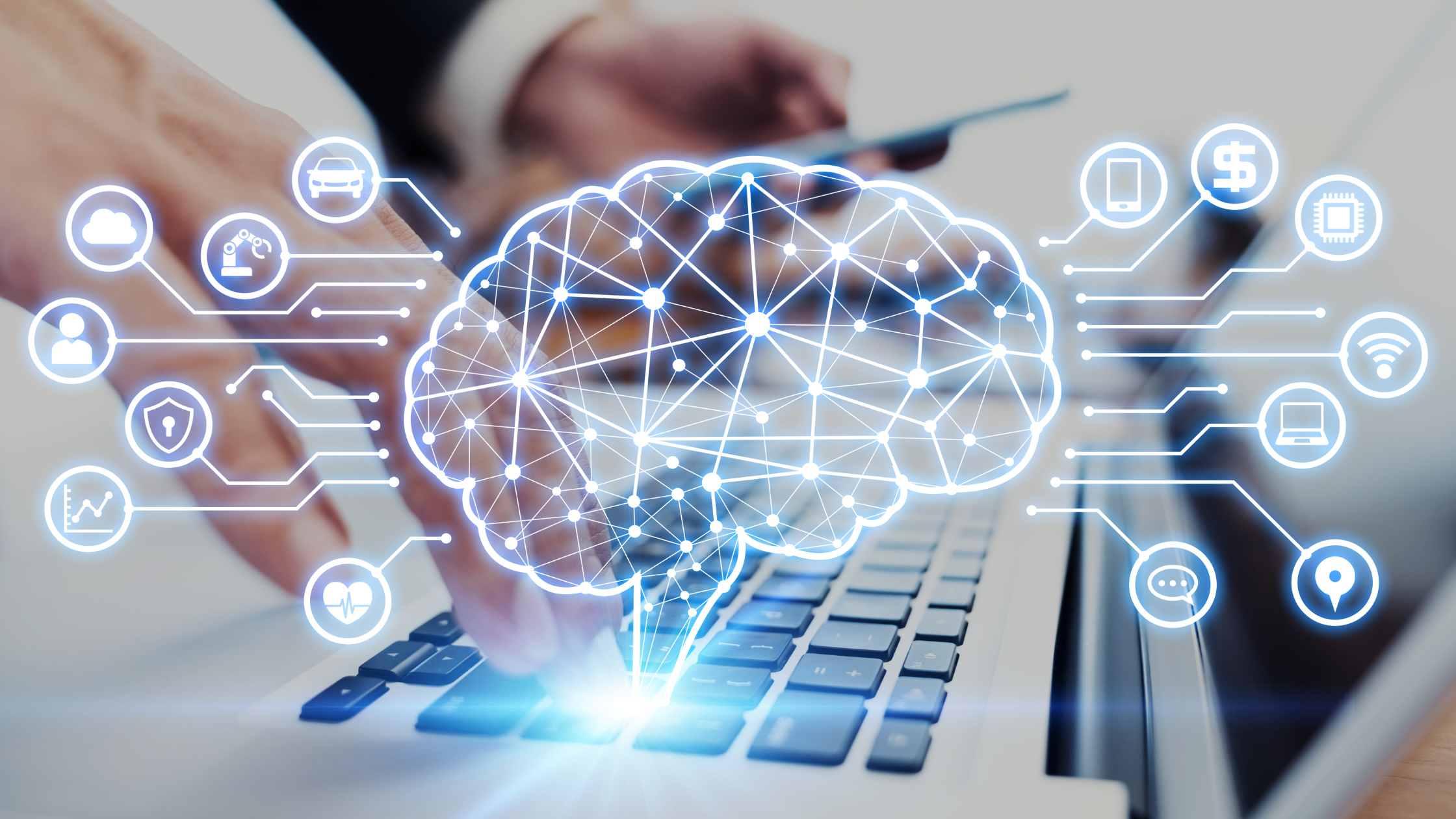 Using AI tools throughout the recruiting process can provide a wide range of benefits for companies. Let's look at some of the potential applications for popular AI solutions currently available.
Using AI tools throughout the recruiting process can provide a wide range of benefits for companies. Let's look at some of the potential applications for popular AI solutions currently available.
One of the biggest time-savers offered by AI comes from sourcing candidates. AI-powered sourcing tools can scan hundreds of online platforms to find candidates that match the job requirements. Tools like this can quickly analyze profiles looking for skills, experience, and endorsements to create shortlists of prospective candidates. As a result, companies get a much broader pool of prospective candidates that are also much more likely to be qualified.
The same process applies to applicants, and has been around in various forms for quite some time. Newer generations of AI are able to rank candidates much more effectively and accurately than was possible even 5 years ago. This applies to resume screening too, where new AI models have seen dramatic increases in screening accuracy.
By automating screening in this way, recruiters save time and can feel confident no candidates are overlooked. Plus, this type of screening is one of the only effective ways of eliminating human bias that's currently available. The result is a more fair and unbiased hiring process.
One of the biggest recent evolutions in AI can be found during the interview process. AI-powered interview platforms can analyze a candidate's responses, voice tone, and body language to assess their suitability for the job. These platforms can provide recruiters with insights that can help them make more informed hiring decisions. They can also help standardize the interview process so candidates are all evaluated on the same criteria.
 As mentioned earlier, another place that AI is starting to shine is in candidate engagement. AI-powered chatbots can interact with candidates, answer their questions, and update them on their application status.
As mentioned earlier, another place that AI is starting to shine is in candidate engagement. AI-powered chatbots can interact with candidates, answer their questions, and update them on their application status.
These chatbots can provide a more engaging and responsive candidate experience. Unlike early versions of online chatbots, they're also increasingly able to actually help the people that interact with them. Among other things, this also helps companies maintain a positive employer brand.
Finally, it's increasingly common to find AI products in the onboarding process for new employees. Not only can it automate the onboarding process, it makes sure new hires have everything they need to start their job. This leads to new hires feeling more welcomed and prepared, and creates a better overall employee experience from day one. This virtually guarantees all onboarding tasks are completed, and reduces the risk of compliance issues.
However, while AI has many applications in recruiting, it's important to use it responsibly. Next up, we will discuss the ethical considerations of using AI in recruiting in the next section.
Ethical Considerations for AI Recruiting
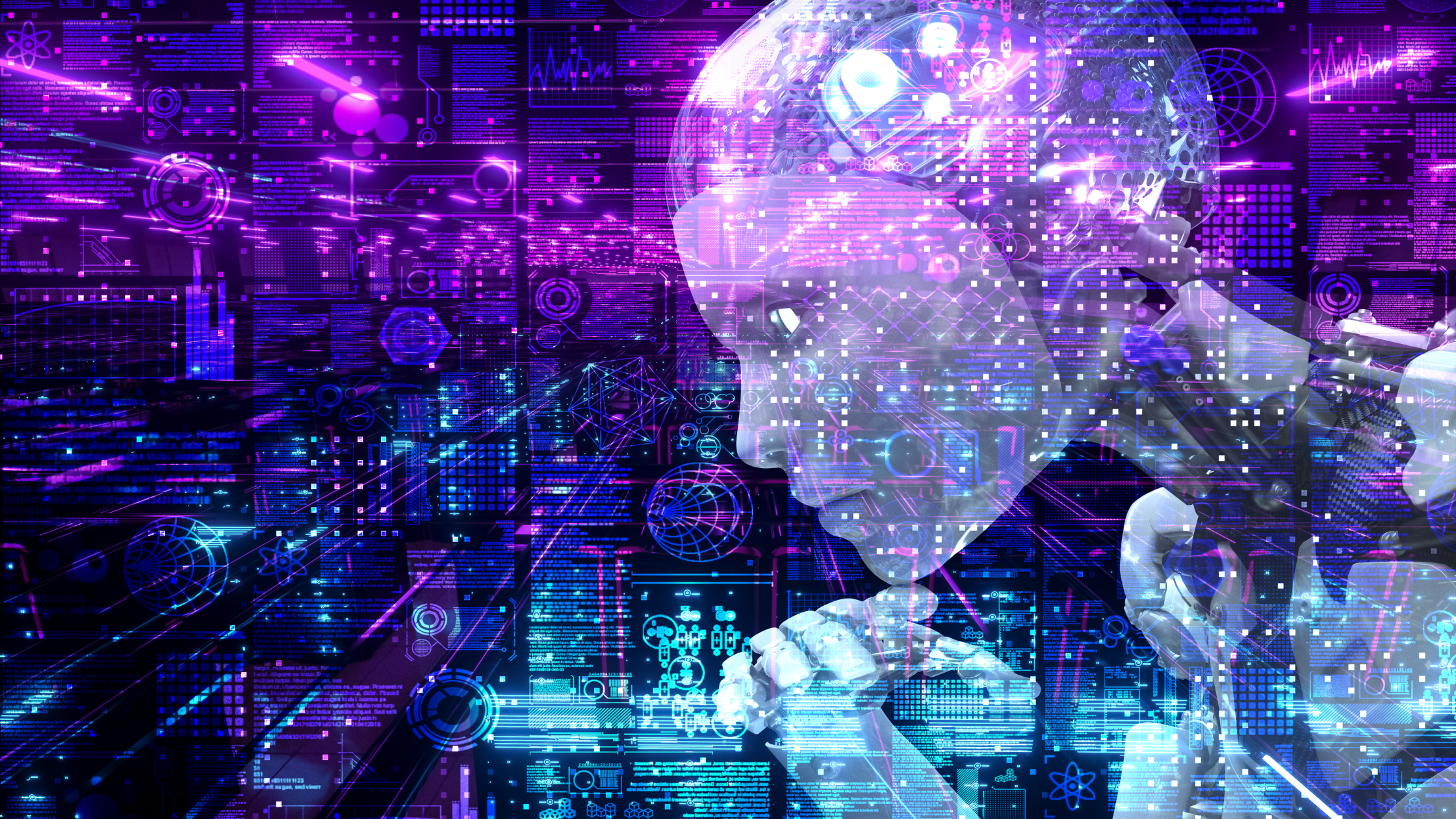 We've talked about many benefits AI offers recruiting, but we've also hinted at some of the ethical considerations it raises.
We've talked about many benefits AI offers recruiting, but we've also hinted at some of the ethical considerations it raises.
We've mentioned a few times that AI can be particularly helpful at removing bias from hiring processes. Ironically, the issue of bias is also one of the biggest concerns with AI. While AI can help reduce human bias in recruiting, it can also perpetuate existing biases if not properly managed.
For example, an AI system trained on data that includes biases may replicate those biases in its decisions. Clearly, this can lead to unfair hiring processes and discrimination. Therefore, it's crucial to ensure that the data used to train AI systems is unbiased and representative. Companies need to regularly audit their AI systems to detect and correct any biases.
Transparency is one of the other major ethical considerations when using AI for recruiting. Candidates have a right to know how their data is used and how decisions are made about their application. Unfortunately, many AI algorithms are far too complex for most people to understand, and this limits transparency.
It's the responsibility of companies to explain their AI systems in a way that makes sense to candidates, too. One way to do this is by providing knowledge base articles about AI being used and how it makes decisions.
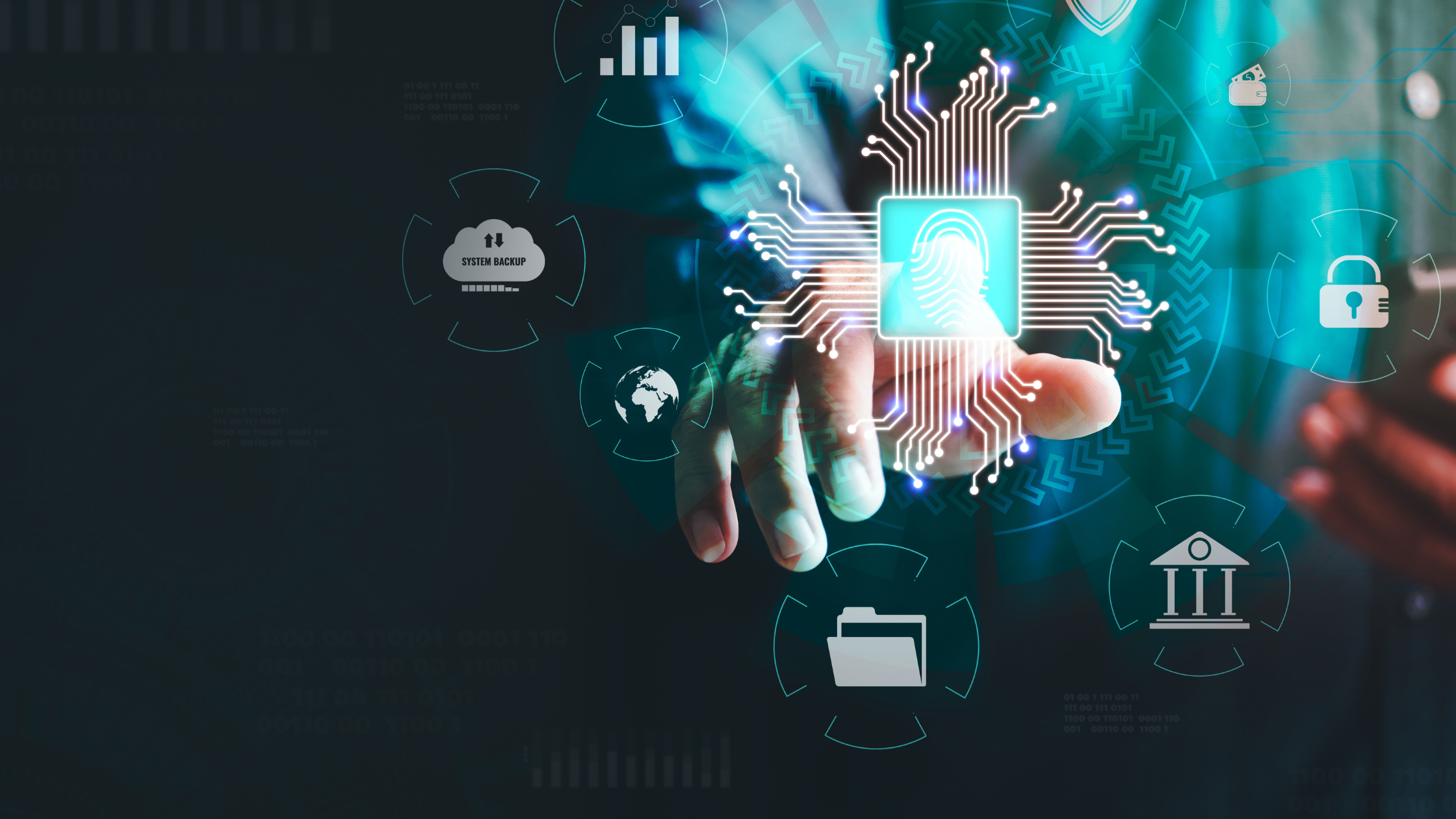 Privacy is also a significant concern. AI systems often require large amounts of data, which can include sensitive personal information. Companies need to ensure the data being collected respects candidate privacy and complies with data protection laws. Some companies may do this by gaining explicit consent from candidates before collecting and using their information.
Privacy is also a significant concern. AI systems often require large amounts of data, which can include sensitive personal information. Companies need to ensure the data being collected respects candidate privacy and complies with data protection laws. Some companies may do this by gaining explicit consent from candidates before collecting and using their information.
Over-reliance on computers has been a concern for decades, and continues with AI. AI should not replace human judgement and intuition; recruiters still play a crucial role in interpreting and acting on AI insights. Without human involvement, an AI-led candidate engagement process can lack personality and actually hurt engagement.
Plus, similar over-reliance can still lead to overlooking potentially qualified candidates if the AI misinterprets resume content. Maintaining a balance between AI and human involvement is critical when looking at services to improve your recruiting process.
Lastly, AI accountability is currently a concern without a clear answer. For example, if an AI system makes a mistake, it can be difficult to determine who is responsible. At the very least, companies need clear policies in place that bring this issue to the forefront. Examples include establishing a clear chain of responsibility for AI decisions.
Ethical issues like the ones outlined above scratch the surface of what companies need to consider, but it's a start. By building a culture that is aware of the limitations of AI, companies are more likely to find success with AI.
The Future of AI in Recruiting
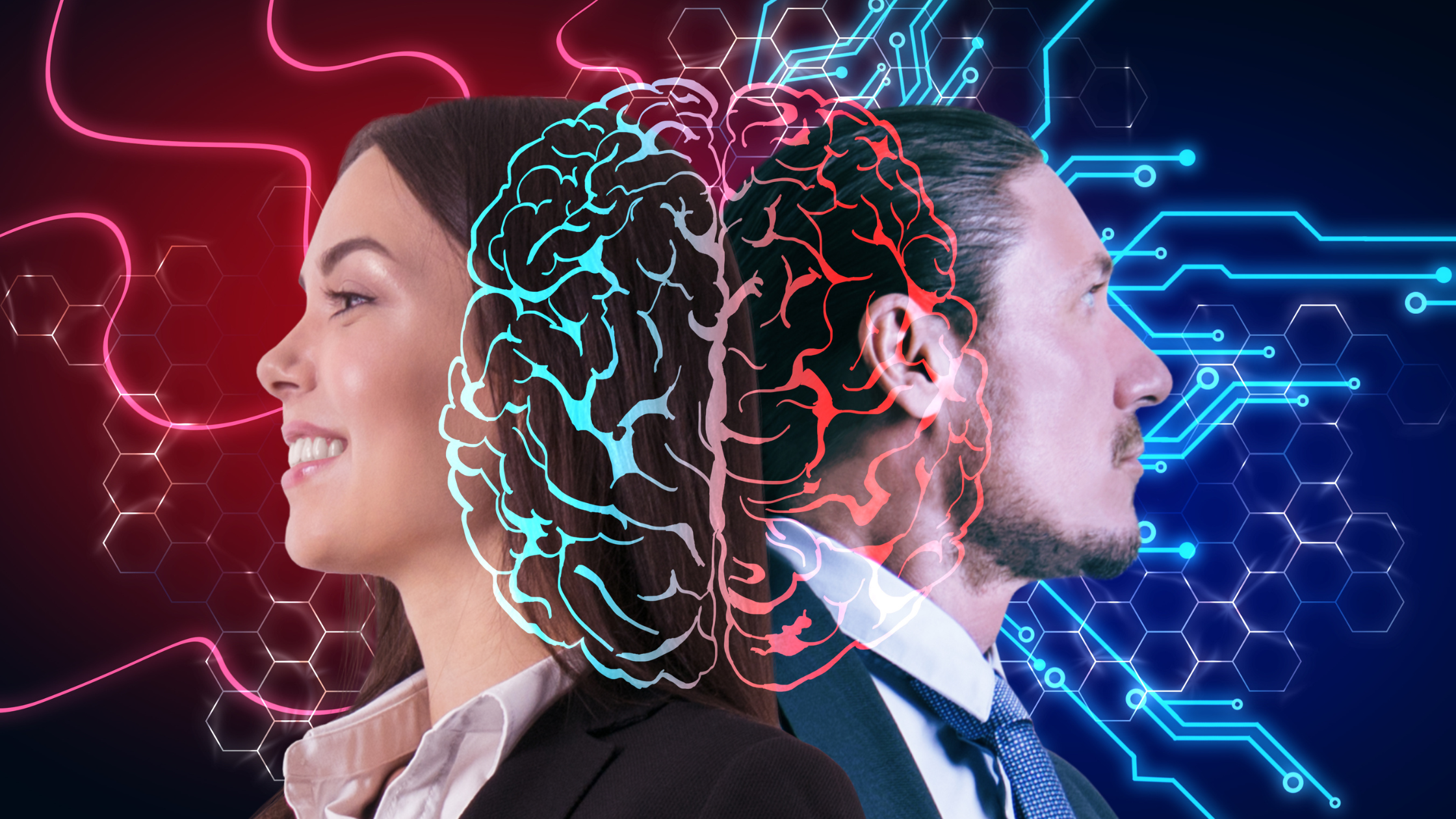 The future of AI in recruiting looks promising, with several exciting developments on the horizon. Let's explore some of these future trends in more detail.
The future of AI in recruiting looks promising, with several exciting developments on the horizon. Let's explore some of these future trends in more detail.
First up is pretty easy to spot for most people: more advanced AI algorithms. As the technology evolves, more sophisticated algorithms will lead to more accurate predictions and more nuanced insights. Such advanced algorithms can further enhance the recruitment process, making it more efficient and effective.
Secondly, candidate experiences will continue to become more personalized. For example, AI can analyze a candidate's preferences and behavior to provide personalized job recommendations and interactions.
This is great for candidate experience, and reduces the risk of missing out on qualified candidates because they applied for the "wrong" job.
Thirdly, we can expect to see more integration of AI in the recruitment process. AI has already worked its way into most of the recruiting process, and that trend will continue. Routine task automation and personalized email follow-ups will continue to become more common. Saving time on these activities means more recruiters can focus on building relationships and developing recruitment strategies.
Fourthly is the evolution of ethical AI practices. From regular audits to building in transparency about the use of AI, to robust data security measures. Eventually, companies will use AI to analyze recruitment data for potential bias or discrimination, too. This will help companies big and small ensure a fair and equitable recruitment process.
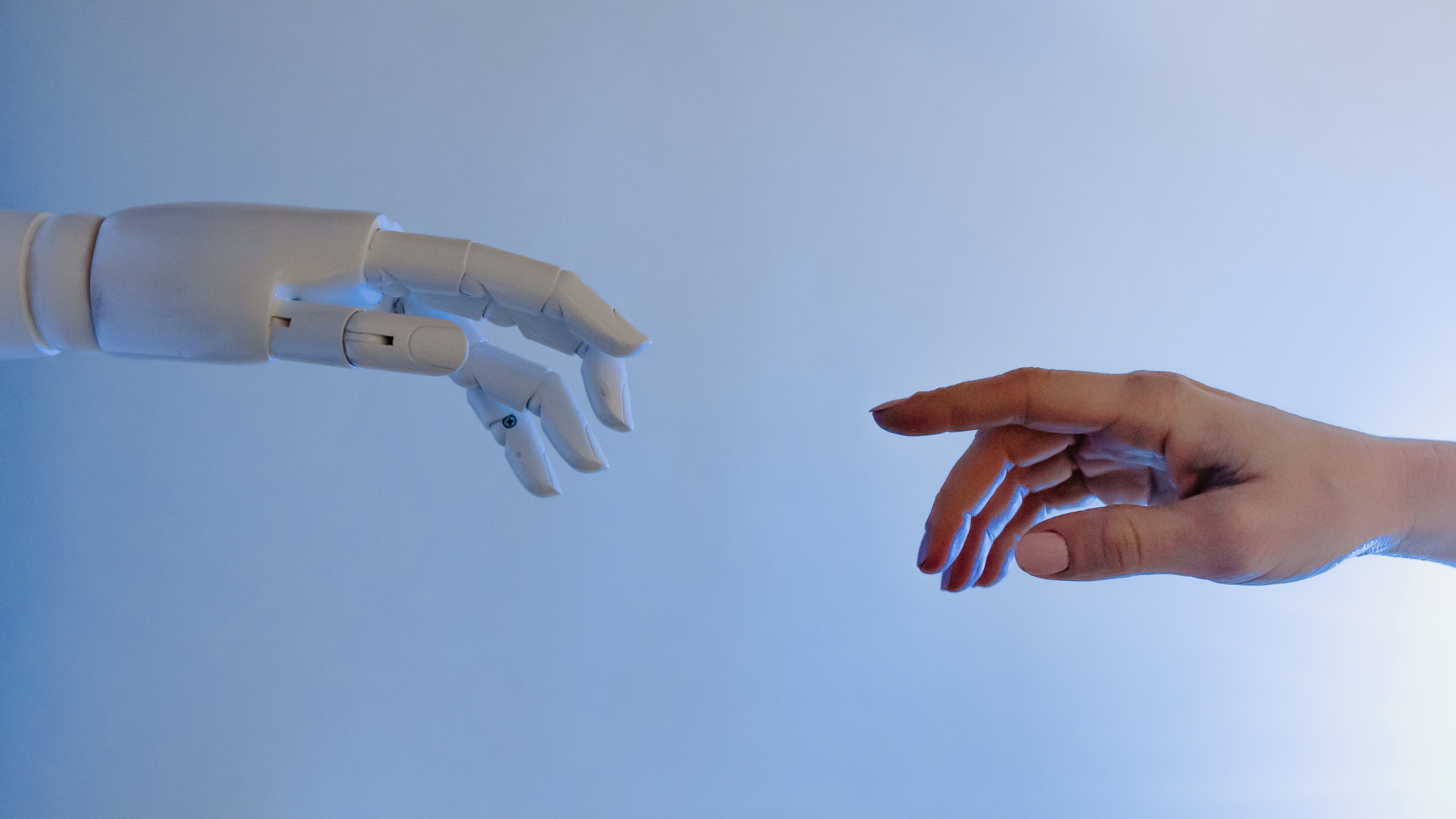 Finally, human-AI collaboration will continue to increase. AI can't replace human judgement and intuition, so collaboration will continue to remain essential. Already, we see examples of this with AI resume screening and human reviews.
Finally, human-AI collaboration will continue to increase. AI can't replace human judgement and intuition, so collaboration will continue to remain essential. Already, we see examples of this with AI resume screening and human reviews.
Summary
AI is having a massive impact on the field of recruiting. It's helping companies streamline their recruitment process, make more informed hiring decisions, and provide a better candidate experience. However, as we embrace the benefits of AI, it's important to also consider the ethical implications. We need to ensure that we use AI in a way that is fair, transparent, and respectful of candidates' rights.
Looking ahead, the future of AI in recruiting looks bright. However, as we embrace these new developments, it's important to stay abreast of the evolving ethical landscape of AI in recruiting. We need to continue to monitor and adjust our AI practices to ensure that they remain fair and equitable.
Remember, while AI can greatly enhance the recruitment process, it's not a replacement for human judgment and intuition. Recruiters still play a crucial role in the recruitment process, and their expertise and judgment are invaluable. AI is a tool that can support and enhance their work, but it's not a substitute for the human touch.
Want to learn more about how Hoops HR can help your company leverage AI in your recruiting process?
Click below to contact us, so you can focus on growth!


